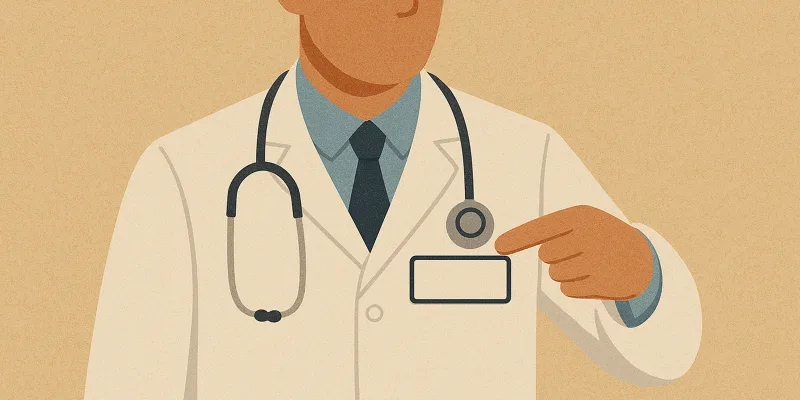
There I was, staring at the letter in my hand as my classmates cheered and screamed around me. To my surprise, I had matched into a residency program, but not the one I wanted. Plastering a fake smile on my face, I made every attempt to give the impression that I was happy. But inside I was torn apart.
After several months on the interview trail I thought I had created the perfect rank list. I figured I was a shoo-in for my first choice; having had what (I thought) were amazing interviews and even finding out one of my interviewers had attended the same junior high school as me. Brewing over with confidence, I’d already begun looking up apartments near my residency hospital of choice and bookmarking furniture on Ikea that I would be purchasing with my first “work” paycheck.
All those dreams came to a screeching halt once I opened the envelope on that faithful March Day.
At home an hour later after leaving my medical school’s Match Day Event, I cried — cried because I was upset and confused, cried because I didn't know the way forward, cried because I felt I had fallen into the hands of the ruthless MATCH algorithm. Sure I was happy that I had at least matched into somewhere, but this is not where I had dreamed I would be. I had an OK interview at this program, but honestly did not see myself there for the simple fact that it did not have all the “bells and whistles” of my first choice.
Looking back on that day, I recognize that my reaction was not the best and that I allowed what should have been a joyous event to create unnecessary anxiety and worry. In hindsight, I now realize that what the process did was place me in the best program I could have asked for. I truly enjoyed my residency training and, while I would never wish to do it again, I am OK with how things turned out.
I learned two important lessons by matching into my least desired program:
- Everything happens for a reason. More often than not, you will go where you are supposed to go. When it came to my first choice, I was impressed by the beauty of this world-class facility, the research building, and even the Au Bon Pain in the lobby. I imagined myself smelling the aroma of the fresh flowers in the main lobby while walking to get a croissant before morning report. Though the residency program I did attend did not have newly renovated grounds, it afforded me the same quality education, mentorship opportunities, and research as my primary choice. I received all the tools necessary to have a well-rounded Internal Medicine training and also gained lifelong friendships in fellow residents. This program’s close proximity to an international airport afforded me the opportunity to see pathology that I would not have been able to see at my initial place of choice. I also gained a great tribe of friends at my residency who over the years have helped me navigate both my professional and personal life.
- Residency is what you make of it. Once reality settled in, I decided to try to have a positive outlook on the next three years of my life. Rather than looking at residency as a means to an end, I focused on using it as an opportunity to gain the knowledge necessary to help patients in the future. I used my clinical hours to gain the real-world experience that has allowed me to comfortably manage a myriad of cases during my short time as an attending. Had I grumbled and just worked to check off graduation requirements, I would have missed out on several opportunities to fully engage and learn from great attendings who ultimately had my best interests at heart.
No matter what your Match Day outcome is, look at it as a step forward — confirmation that you are finally crossing the medical school finish line. Whether you are accepted into your first or last choice, use your residency years to gain insight into the real world of medicine.
Dr. Akua Ampadu is a hospitalist physician passionate about quality inpatient and outpatient adult care. As a survivor of work and life related burnout, she aims to provide tools necessary to live a life focused on self-care and self-advocacy. She also recognizes the importance of reading to one’s health and created Healing Words Foundation in 2016, a literacy-based charity focused on providing books to pediatric wards and outpatient clinics. She is active on social media.
Dr. Ampadu is a 2018–2019 Doximity Author.







